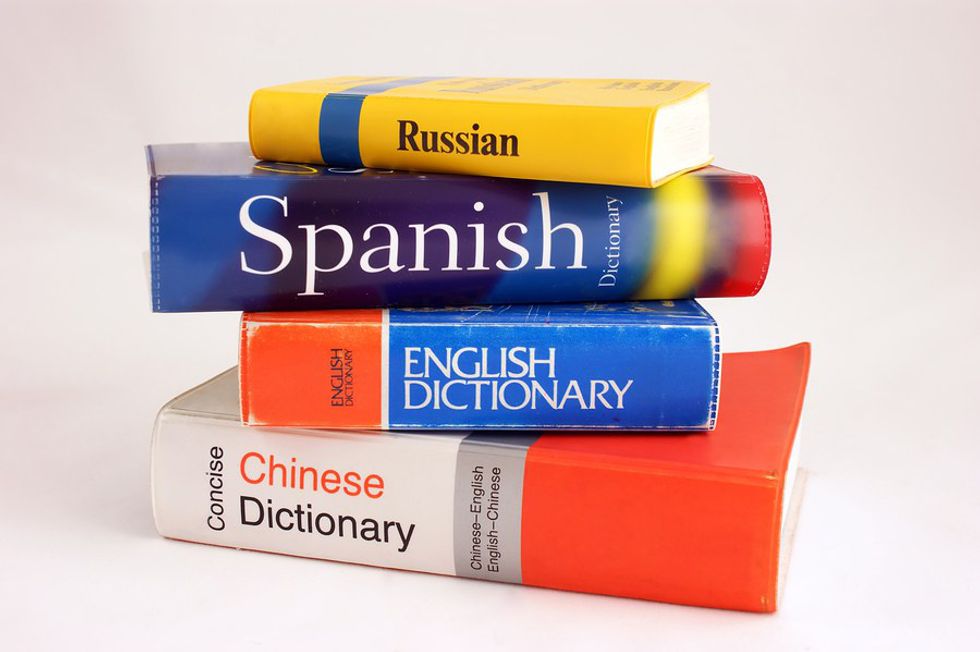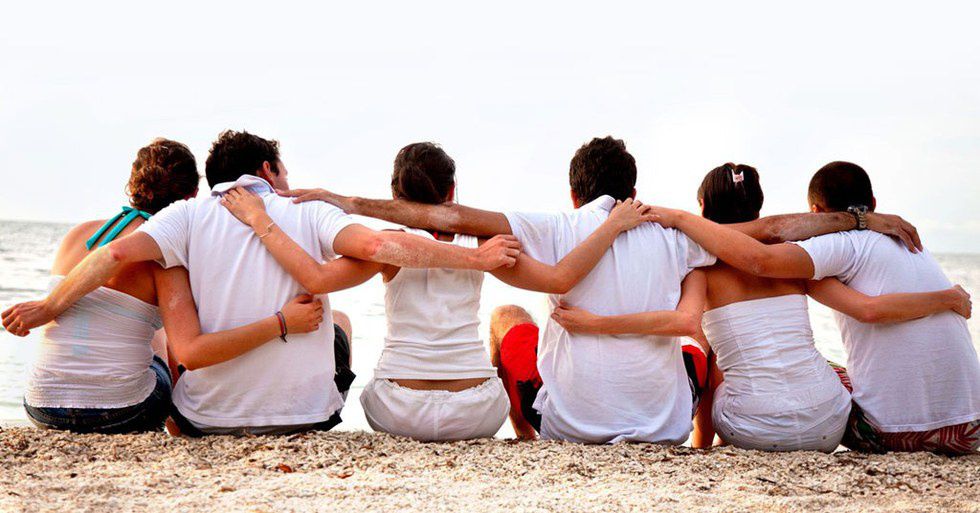Growing up in a multicultural household sometimes makes you feel like an outsider. As a child, you probably brought some foreign food for lunch, which would spark everybody’s interest and spur a ten-minute debate of what exactly it is that you are eating, while you just want to eat your lunch in peace. Or, you have a last name that nobody can manage to pronounce. Substitute teachers would repeatedly try to pronounce it in different ways, but everybody knows who they are calling at that point. You might celebrate holidays that nobody seems to know about, so you end up explaining the significance to the effect of “oh, wow.” However, growing up in a multicultural family has many advantages and puts you ahead of the curve.
Chances are, you might speak another language as a result of foreign roots. This seems to always impress other people you might meet along the way. Whether it is something more commonly spoken such as Spanish, or something not as common like Tagalog, new acquaintances will probably want to hear you say something in that language, and subsequently be thoroughly impressed by your language skills. A foreign language yields great bragging rights as well, especially if you feel like impressing a date, or putting something exciting on your resume for a potential employer to see.
In some cases, you get to celebrate holidays from two different cultures. As a kid, I got to celebrate two Christmases: “American Christmas,” as I called it, and Orthodox Christmas. Two sets of presents and two Christmas dinners was the every child’s fantasy, and I got to live that dream. You might celebrate something culturally unique, like Armenian vardavar, a summertime festival where friends and family throw buckets of water on each other.
When you meet someone with the same cultural background as you, you instantly connect. Whether you are talking about the cuisine, language or holidays of your culture, you feel as though you have found someone who truly understands who you are and why you are the way you are. When you branch out even more and find people like you in your community, you feel like you have found a second family. Often times, large family dinners and celebrations of holidays will happen together, even if this means that you have about twenty people in your house for dinner at times. Everyone treats each other with love and respect because they understand each other like nobody else can.
You have unique perspectives on life and culture. While some of your peers might come up with the same ideas or solutions, you think outside the box and provide a different approach or outlook on an issue or topic. Bringing something different to the table broadens everyone’s horizons and gives insight to issues people might not normally think about.
Growing up in a multicultural home gives you more than it takes. Even though you will probably still have people mispronounce your name all the time, you still will make lifelong friends through your cultural similarities and passion for your culture.


























